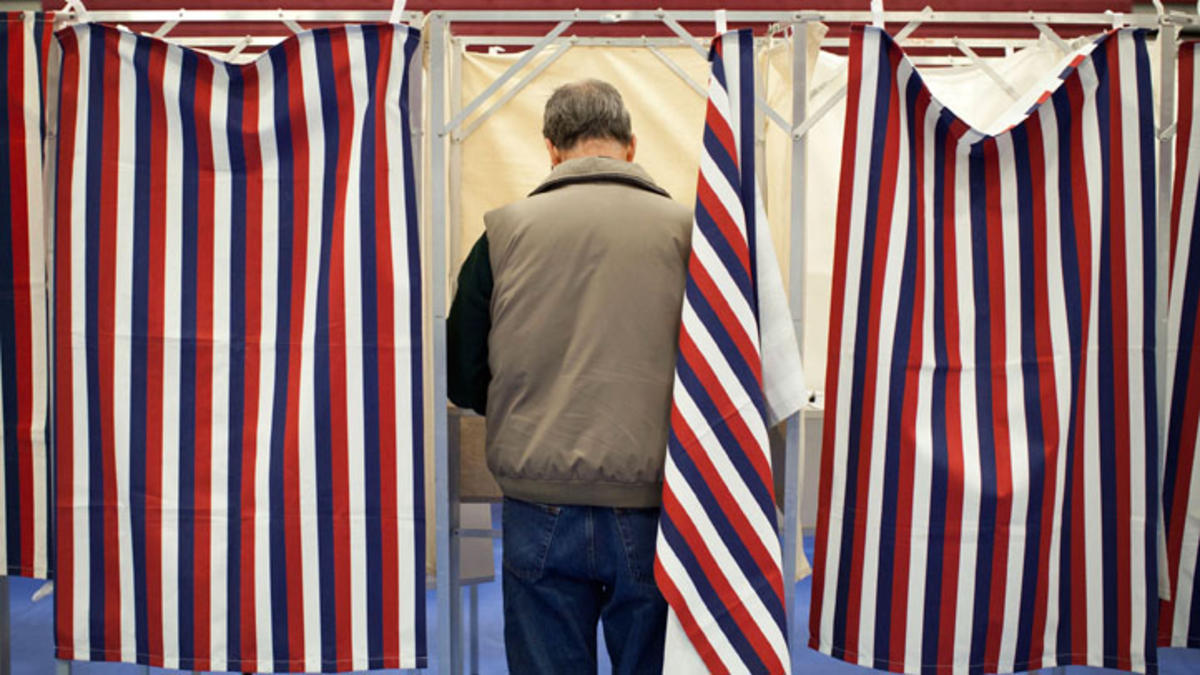Carl Palmer, assistant professor of Politics and Government at Illinois State University, weighed in on what the New Hampshire primary means for the candidates.
Palmer:
Heading into Tuesday’s primary, there were three major storylines. Can Trump bounce back from a disappointing performance in last week’s Iowa Caucuses? Will Bernie Sanders win New Hampshire by double digits, or will Hillary Clinton narrow the gap? Can Marco Rubio capitalize on his better-than-expected finish in Iowa, or will his gaffes in last Saturday’s debate tamp down his momentum, allowing for another establishment candidate to make inroads?
As part of New Hampshire’s long tradition, the first votes were cast at midnight in Dixville Notch and Millsfield. Bernie Sanders and John Kasich earned early buzz, as Sanders took home all four Democratic votes cast in Dixville Notch, while Kasich narrowly edged Donald Trump 3-2. In Millsfield, Clinton beat Sanders 2-1, while Iowa Caucus winner Ted Cruz won handily, receiving nine votes. While incidental in the final totals, these early votes almost certainly guaranteed the ‘winners’ an additional day’s worth of press coverage as the polls open statewide.
As the polls closed, there were few surprises. Sanders won handily on the Democratic side, while Trump emerged victorious among Republicans. Perhaps the only real surprises were performances of Ohio Governor John Kasich, who nearly doubled his poll estimates to finish second, and the slide of Marco Rubio, who finished fifth behind Ted Cruz and Jeb Bush.
In the aftermath of the first in the nation primary, questions remain as to what these results actually tell us. For the Democrats, it remains too soon to tell. Iowa and New Hampshire are states whose populations mesh well with Sanders’ constituencies, as both have large numbers of white liberals, among whom Sanders polls well. We will have to wait until the Nevada Caucuses and South Carolina Primary, states with much larger minority populations, populations among whom Hillary Clinton has maintained a distinct polling advantage, to see if this will be anything more than a protracted battle for the Democratic nomination.
The Republican side presents us with even more questions. Following Iowa, there were hints the Republican establishment was moving towards unifying around Marco Rubio as an alternative to Trump or Cruz. His poor showing, combined with Kasich’s strong(er) one throws this somewhat into disarray. The only certainty is that the field should begin winnowing itself almost immediately. With their consecutive poor showings in Iowa and New Hampshire, one would expect to see Carly Fiorina and Ben Carson leave the race soon, and others, such as Chris Christie, whose almost laser-focus on New Hampshire still only produced 7 percent of the vote, should also start to feel pressure to leave the race. Once the field shuffles itself, the picture may begin to become clearer.

